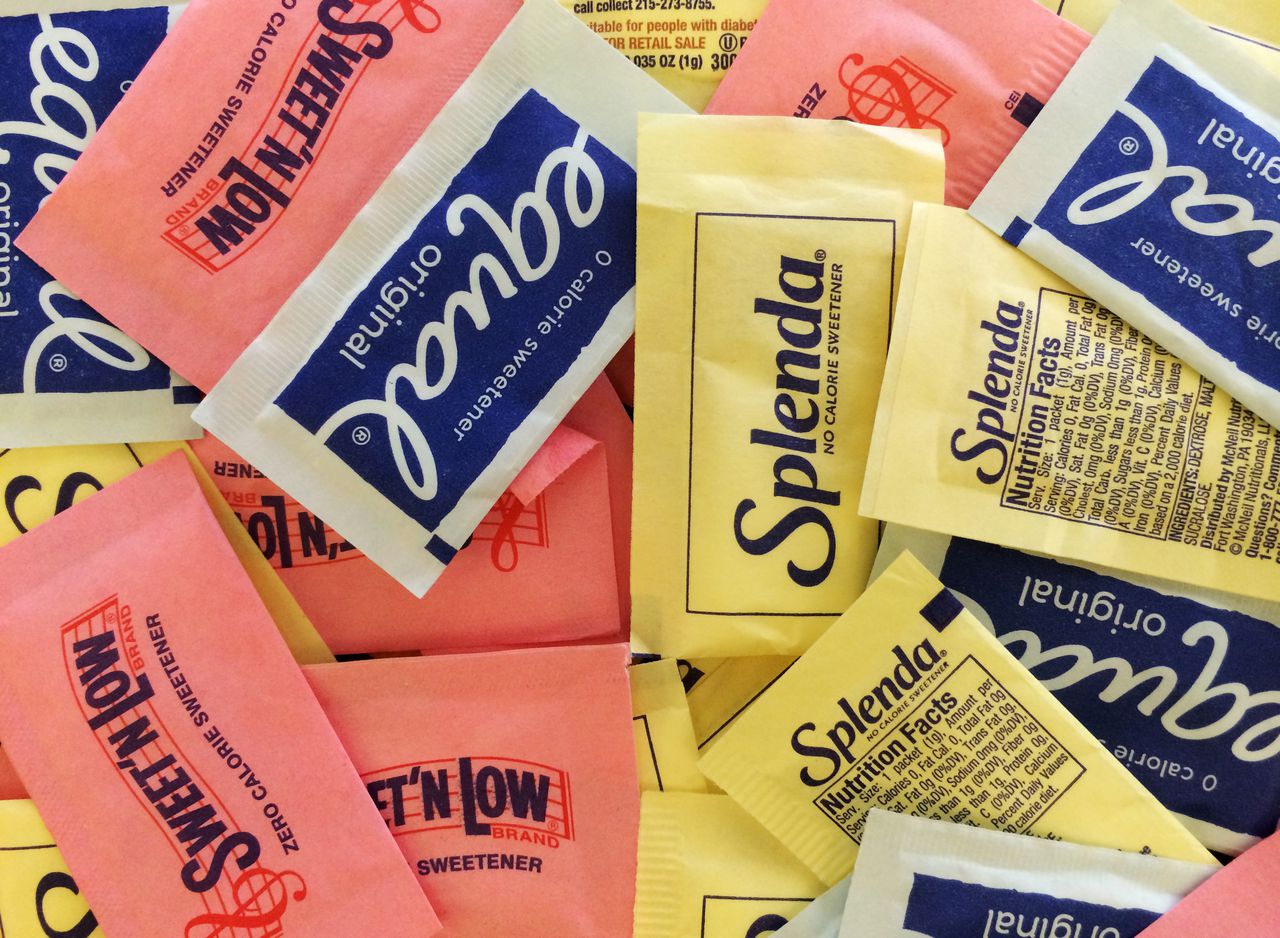Researchers say not to worry about new Splenda study
Local researchers say that people should not be too concerned about a new study calling into question the safety of Splenda.
A new study from North Carolina State University published last month found that sucralose, known as the artificial sweetener Splenda, could damage DNA and cause a “leaky gut.”
The study, which received widespread media attention, caused a bit of a headache for Splenda, whose parent company, Tate & Lyle, have a plant producing sucralose in McIntosh. After the study was published on May 29, Tate and Lyle’s stock price dropped by 3.4%, according to Yahoo, though it has since rebounded, and it’s not clear if that drop is solely attributable to the study.
Splenda argues that the sucralose study does not apply to their sweetener. The study found that a byproduct of sucralose, sucralose-6-acetate, can be genotoxic, meaning it breaks up DNA and, when exposed to intestinal tissue, can damage the lining and make it more permeable.
Previous studies by the authors found that, several compounds are produced in the gut after sucralose is ingested, one of which is sucralose-6-acetate.
